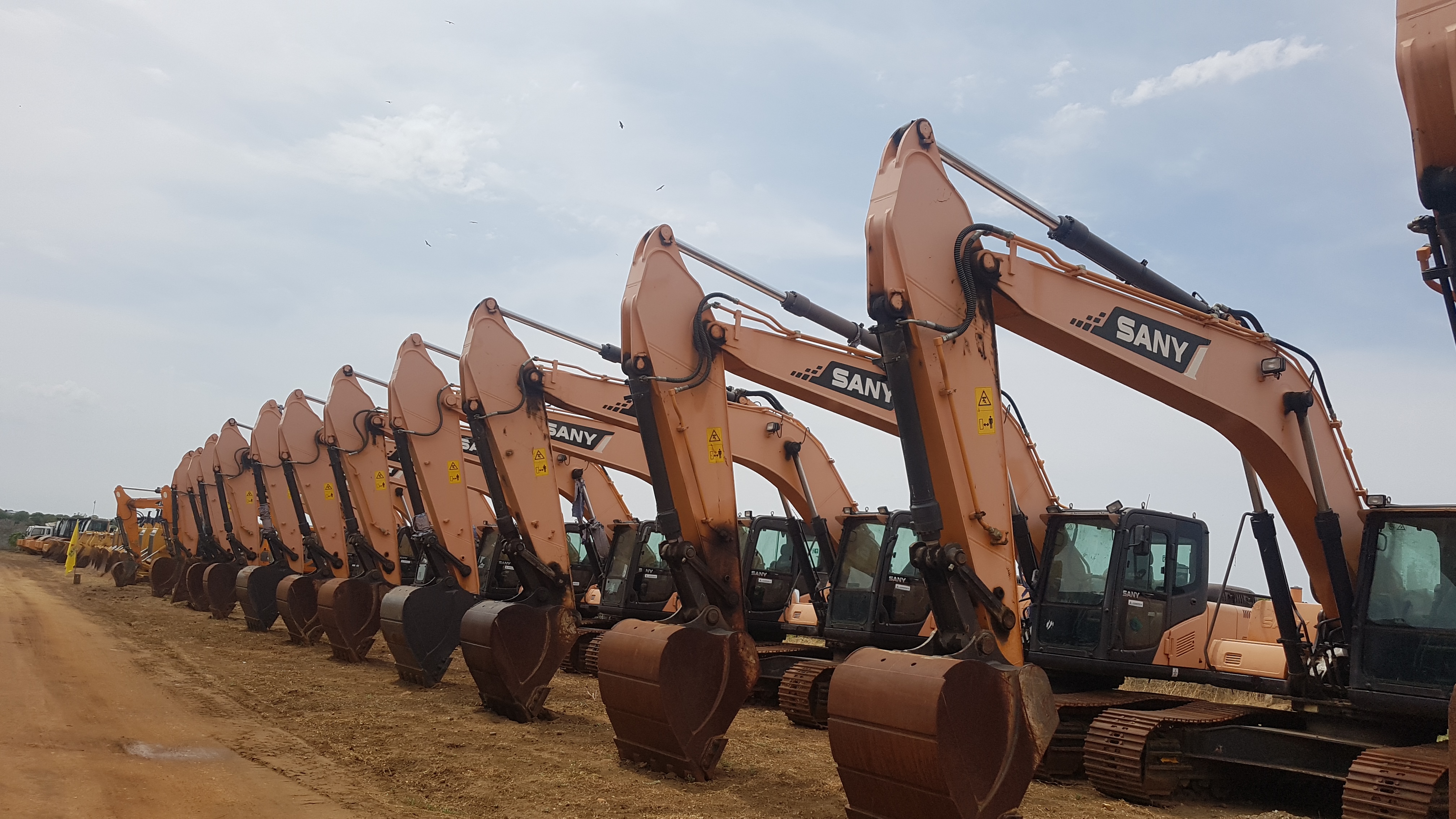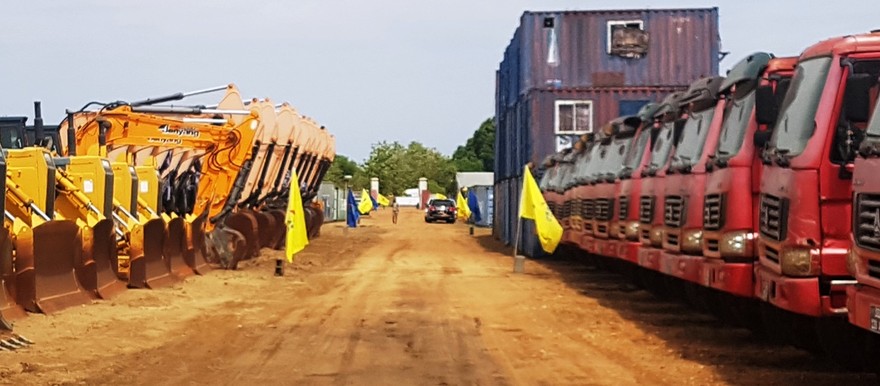A Chinese firm is to start constructing 392 kilometres of paved roads linking the South Sudanese capital, Juba to Bahr al Ghazal region, the Minister for Roads and Bridges said.
Rebecca Joshua Okwaci said the deal between South Sudan government and Shandong Hi-Speed Group Co., Ltd (SDHS) on construction of tarmac roads from Juba, Terekeka, Yirol to Rumbek commences after two weeks.
The construction of paved roads will take 36 months, she added.
According to the minister, the road project linking Juba to Bahr al Ghazal region would be followed by other major roads in the country.
She said the Chinese firm has already brought in work equipment.

“There is no hesitation anymore, our roads are going to be constructed, and we believe roads bring stability, peace and development. We will go forward without failure,” said Okwaci.
She added, “We are going to embark on construction to bring smiles on the faces of our citizens”.
The minister said President Salva Kiir has encouraged government to go ahead with the policy of oil for development in the young nation.
Meanwhile, Li Chao, the general manager of Shandong Hi-Speed firm said they are willing to fix roads connecting Juba to other parts.
“We signed the multiparty agreement with key government officials on Monday. We are grateful for the tender award to construct roads in South Sudan. In the past seven years, we did a lot of preparation for the implementation of this project, including mobilizing of all machineries to speed up the construction of roads,” said Chao.
He said they are going to construct 392 kilometres of tarmac roads across the country and the construction work will take 36 months.
“We are confident that we can deliver a satisfying project to the people of South Sudan and take this opportunity to take root in South Sudan,” he stressed.
On Monday, South Sudan government signed a Memorandum of Understanding (MoU) with the Chinese company to start constructing roads along major high ways linking Juba to other cities.
Last month, South Sudan’s government announced it had allocated 10,000 barrels of crude oil per day to Chinese firms to build its roads.
South Sudan’s economy is almost entirely dependent on export of oil. In January, some of its oilfields suspended due to the conflict reopened in Unity region.




